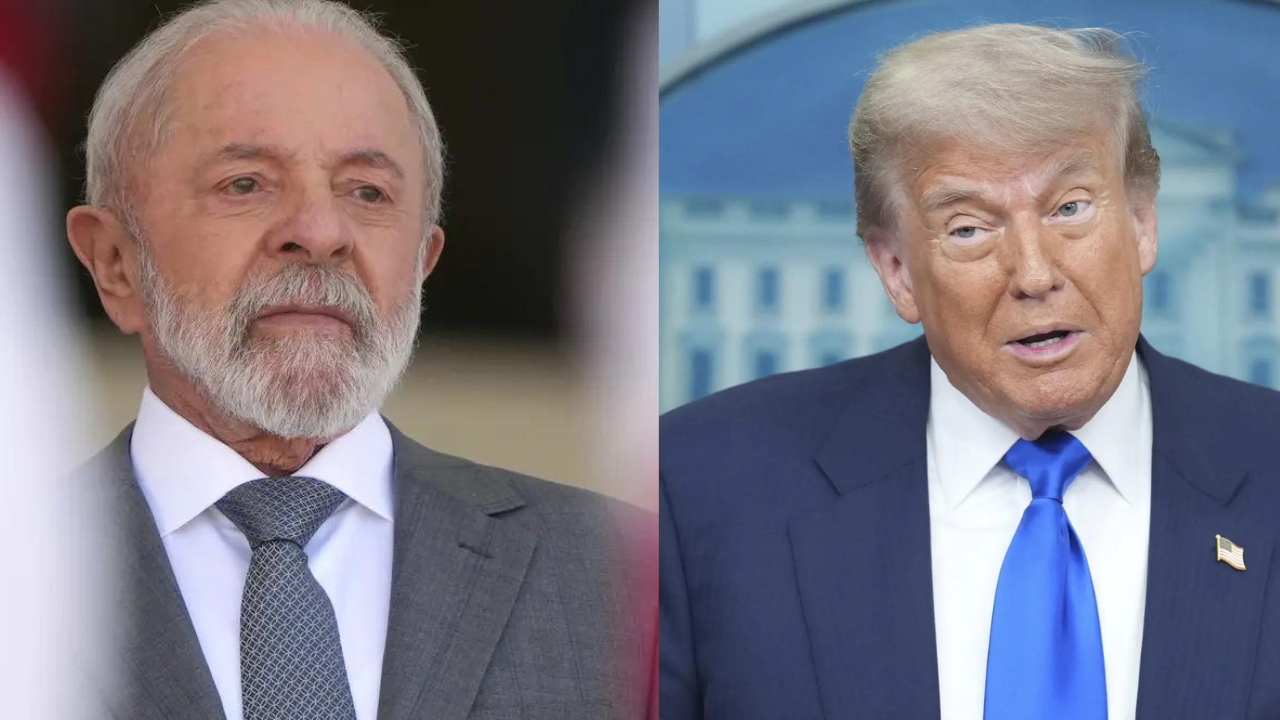Donald Trump targets Brazil: US President announces 50% tariffs; cites 'witch hunt' against Bolsonaro

Mortgage rates are rising, increasing payments for millions, but U.K. homebuyer demand shows a positive shift for the first time in months.

All major sources, one page
Feel the mood behind headlines
Know what’s trending, globally
Get summaries. Save time
10,089
118
211
an hour ago
Stay sharp in 60 seconds. Get concise summaries of today’s biggest stories — markets, tech, sports, and more
All major sources, one page
Feel the mood behind headlines
Know what’s trending, globally
Get summaries. Save time
10,089
118
211
an hour ago
Stay sharp in 60 seconds. Get concise summaries of today’s biggest stories — markets, tech, sports, and more